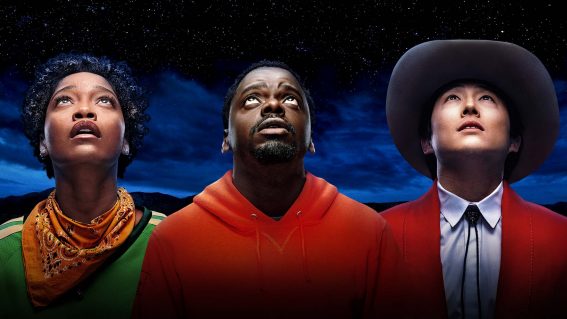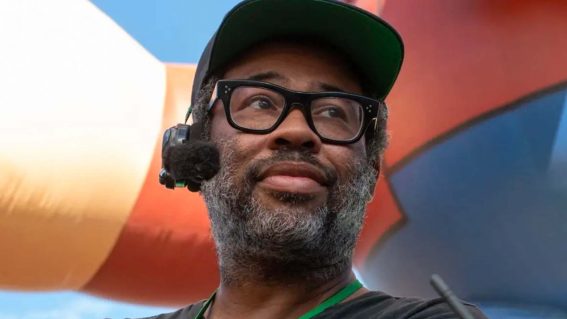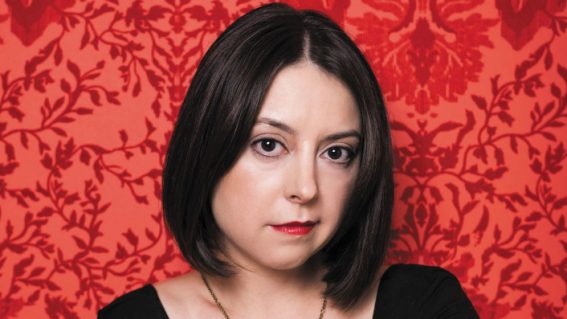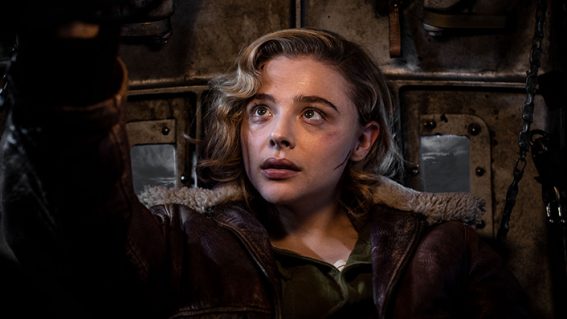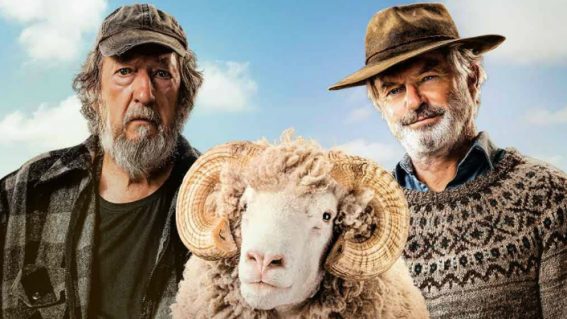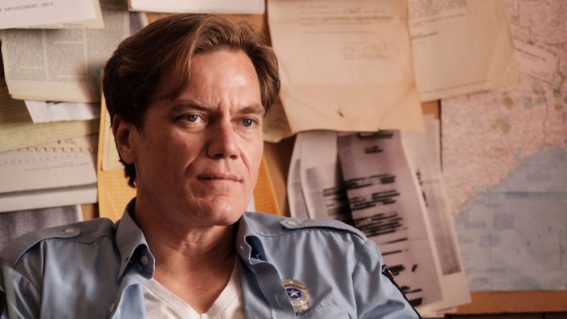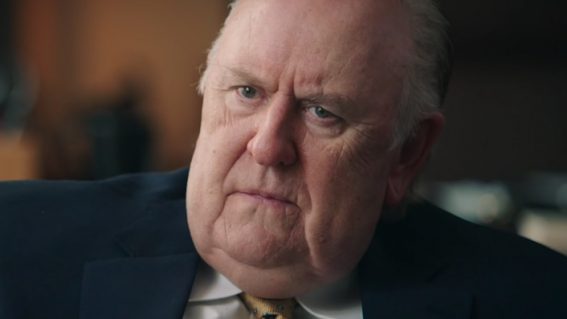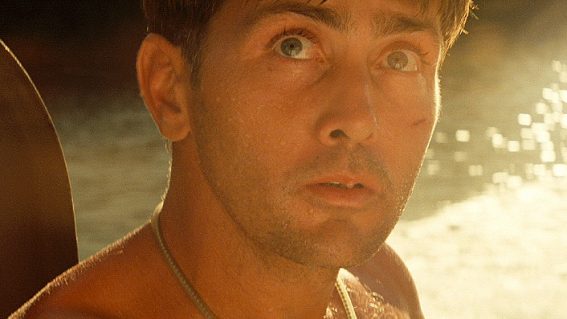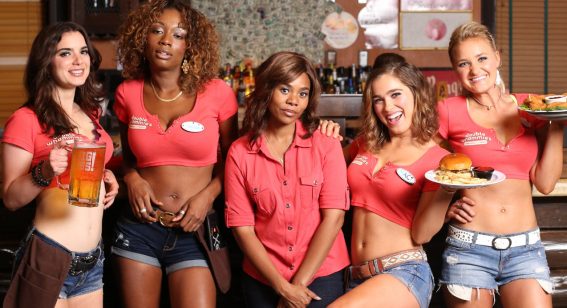We speak with The Power of Inclusion summit guest Tilane Jones of ARRAY
One of the many global film heavyweights participating in October’s two-day summit.
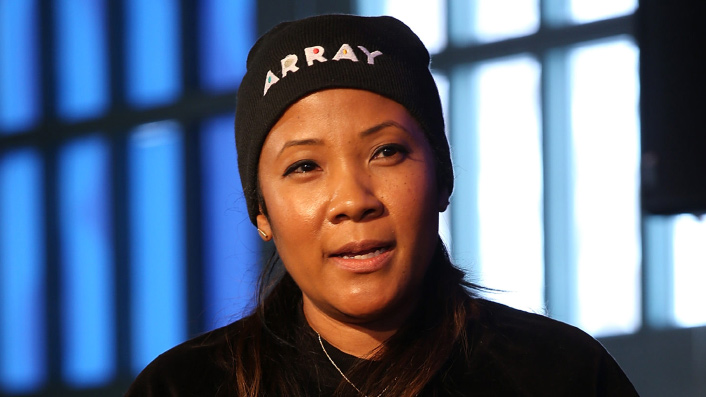
We speak with Tilane Jones, one of the many global film heavyweights participating in The Power of Inclusion, a two-day summit in Auckland on October 3rd and 4th.
The Power of Inclusion presents a 2-day programme including case studies, panels, conversations and keynotes on pertinent issues in the inclusion and representation space—bringing people together, presenting a myriad of world views, positing future action to create a more inclusive industry and world, all enveloped in the special environment that Aotearoa New Zealand and its peoples have to offer. (Read more about the multitude of speakers taking part and the summit’s free ticket scholarship programme.)
Until her very recent new appointment as President of ARRAY (Ava DuVernay’s grass-roots film distribution collective), Tilane Jones was ARRAY’s Vice President, having worked with DuVernay for over ten years and earning film credits that include Oscar-nominated and four-time Emmy winner 13th and Oscar-nominated Selma.
ARRAY also acquired and internationally distributed magnificent local doco Merata: How Mum Decolonised the Screen, now available on Netflix in Aotearoa thanks to ARRAY.
Steve Newall spoke with Jones to find out more about ARRAY’s mission, her experiences with Merata, and the sorts of issues to be discussed at The Power of Inclusion.
FLICKS: Could you give us a snapshot of what ARRAY gets up to?
TILANE JONES: I believe that the mission of ARRAY definitely lies in people of colour and women of all kinds in the film and television industry. We have a couple different arms of ARRAY. The one that I have headed up the longest is ARRAY Releasing. Our film distribution collaborative is what we call it, but it’s a film distribution company. And so we acquire films from independent filmmakers of colour and women of all kinds and we distribute them basically in a very grassroots type of way making sure to be the intersection in between community and entertainment. We work with a lot of community partners here and around the world to distribute these films, whether it’s a film festival or a film-screening organization or a museum, a college/university, a college or university campus.
And we do your standard theatrical releases, but really our focus is to make sure that, number one, these artists have a platform to show their work, and then also to make sure that the audience has this work available for them to see. And so that’s the ARRAY Releasing arm.
We also have a nonprofit called ARRAY Alliance which we just recently started. It’s about a year and a half old. And again that’s the educational portion of ARRAY. We’re inviting the film community as well as the community in Los Angeles onto our three-building campus to really learn about film, how to watch films, how to make films, and those are a lot of things that aren’t available to communities that are considered on the margins.
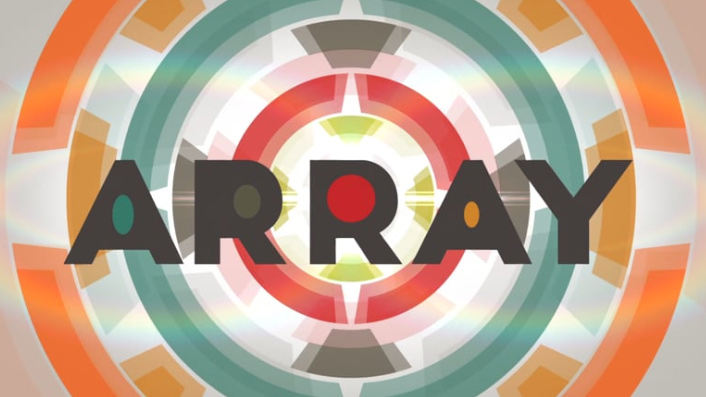
You do a heck of a lot in an era of increased specialisation. Why does ARRAY have such a wide footprint in so many different areas?
I think just because there’s a need for it. I think we’re a unique organisation in what we do, but it’s all really framed around the film and television industry and what that looks like, whether it be the content that you’re seeing on the screen or the crew that actually makes that content. And we know how important it is, number one, for people to see themselves represented in every aspect of what we do.
Thinking about that idea of specialisation, and how many companies will have one defined purpose, what I like looking at ARRAY from the outside is it seems like each part of it gives context to the others.
Oh yes.
I don’t want to call it a community but it’s sort of heading in that direction.
I absolutely think it’s a community, and I think that for the past 10, 11 years we’ve worked on the fact of making it a community. Whether it’s the filmmakers that we distribute films for, or the filmmakers that we work with. Ava through Queen Sugar, her television show on OWN, has hired women for every single season, and we’re on season four. That has never been done for television and so we absolutely work on building community around these artists.
It’s very important, whether it be while we’re distributing their film, whether it be while they’re working on a production through Ava and ARRAY film works or whether it’s coming here to visit our campus, where we have a post-production facility and writers room. We have our distribution company, our nonprofit, and our also development and production arm. So absolutely, I mean, that’s intentional in how every aspect of what we do feeds the other aspects of what we do.
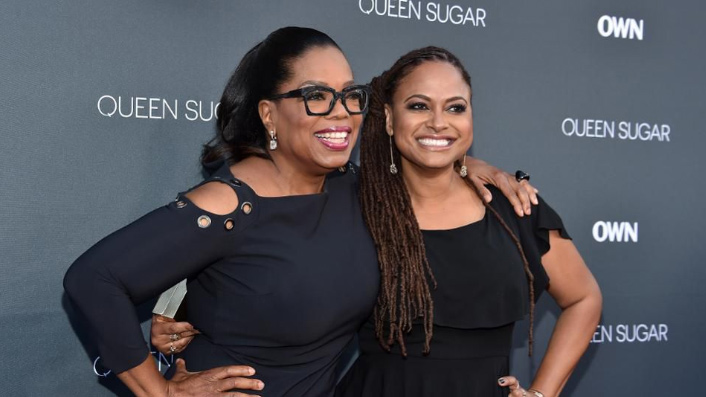
Oprah Winfrey and Ava DuVernay at Queen Sugar premiere
In terms of that community aspect and the importance of representation to you with the projects that you work on, is it a case of embracing opportunity or an obligation that you feel to work in this way? Or a balance between those things?
I know for Ava and I know for me, we’re really about service and that’s serving our community, and that community is inclusive of the artists that we work with. So I think it just goes hand in hand, it’s just having that kind of service mentality, but then also building something of our own. We know how important it is for us to have these things that aren’t normally and traditionally given to us, especially artists that look like us.
Recently in a conversation with IndieWire you said, “We’re not anything like a money-making venture.” How does a company like yours survive if that’s part of the ethos?
We do have a direct connect Netflix deal for our films, but usually, we try to keep everything at a very low budget so that way the filmmakers can profit participate. But, I mean, we’re not here to make money off of these films. We’re really here to uplift these filmmakers and make sure that their work is seen. And so it’s almost like having a day job and a night job, if that makes sense. Or weekend job, I guess, one job during the week and another on the weekends.
So it’s not that we don’t want to make money, but that is not what our mission is. That is not our focus. Our focus is not box office. What our focus is, is on making sure that audiences are educated, that we also support advocates, which are the film festivals and the universities that we work with, and then the artists. Those are our three missions and basically our three touchpoints through our company. Of course, it would be great if we had a blockbuster. Who wouldn’t want that or invite that in? But that’s not our mission which I think is different than other distribution companies which may be focused on box office. It’s just that it’s not our focus.
From the outside it looks like your relationship with Netflix is about maximising eyeballs rather than necessarily taking the biggest pile of money off the table.
Yes, that’s fair to say.

Selma (2014)
In an era where the streaming platforms could be seen as weakening the industry, do you feel like they’re tools that can be used for the benefit of filmmakers? As opposed to just being aggregators sucking up content?
Absolutely. I mean, I think that every part of distributing work is important. I think that the theatrical release of a film is important. I think that the streaming platforms are immensely important as well, and that’s more about access. We know here in the States there are many places that don’t have movie theaters. One great example is Ava’s film, Selma. That community does not have a movie theater, so folks in Selma can’t see Selma. Folks in Compton can’t see Straight Outta Compton because there’s no movie theater there, so what do you do for that audience? What do you do for those folks who are kind of in those middle places that don’t have access to films through a traditional movie theater? That’s what is the amazing part about these streaming platforms is that it allows access to everyone.
That also enables the sense of cultural pride we had here seeing Merata: How Mum Decolonised the Screen viewable worldwide. What was your experience of rolling that film out?
It was amazing. I think the thing that touched me the most was when I first watched the film, I had no idea who she was. I had been working in the movie industry for 11 years and had never heard of her, and I just felt like it was a travesty that people didn’t know about her. And so I think just making sure that people know her, know her work, know all the hard work that she put into what she did, not just her film work, but her activism, what led her to it.
I think it’s a beautiful story. And her story is very similar to Ava’s story. She became a filmmaker later in her life, and did it out of necessity because she wanted to make sure her people were represented, and that people saw what was happening to them. And so that for me is much deeper than just putting out a film and I think all of my titles feel like that to me. It’s like I’m serving a larger community in these filmmakers and just making sure that their work is seen and that other people are introduced into people’s lives that people may not have known about if it weren’t for ARRAY.
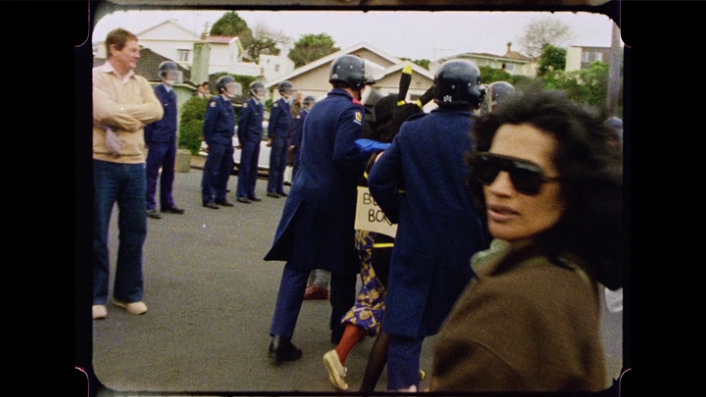
Merata: How Mum Decolonised the Screen (2018)
What were some of the things that you observed as that film played theatrically and streamed on Netflix? What were some of the reactions that you noticed?
I think the biggest reaction was that people just didn’t know. They had never heard of her, did not know about her work, and I think they were really motivated by her story and everything that she had done through that short period of time when she was a filmmaker, and just how strong she was as well. She definitely had an opinion about just her community and her rights and wrongs. I think that people really resonated with just her spirit as well.
It’s going to be interesting for you to travel down here, I think, with that film possibly shaping your view of Aotearoa, or at least what it used to be like. What are your expectations of coming down here for The Power of Inclusion?
Well, I’m really excited to come there. I’m really excited to meet the other people that will be at the summit. And I have no preconceived notions about what my experience is going to be like, really. I’m hoping that it’s going to be lovely. I know that you have a beautiful indigenous population. I’ve met with Hepi [Mita, director of Merata] and their family, so I’m really excited to be there and just really fully enjoy the summit and the experience. The topic of the summit inclusion, the importance of inclusion, it’s something that is a really important topic right now.
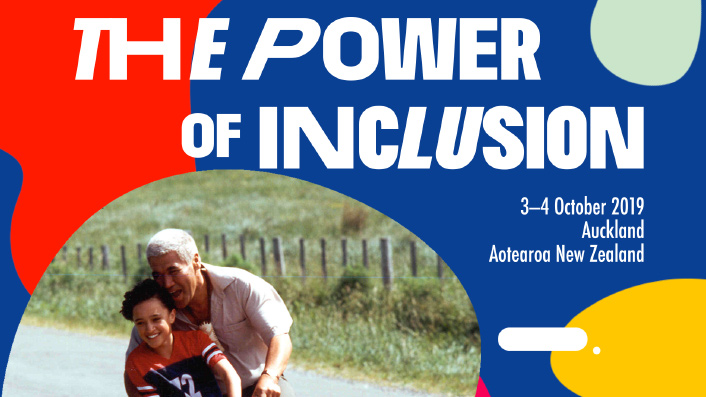
With the event focusing on representation, belonging, and inclusion, what are the things we need to be considering most about those issues presently? How can we put thoughts in these areas into practice?
I think one major thing is just below the line, how these different projects are staffed and making sure that there’s representation in every single department that makes up these productions. I think it’s important for people to see themselves and not be the only person in the room. And just how important it is for people to actually tell their own story as well.
Before we wrap up, congratulations on your new role.
Thank you.
It’s really very exciting. What are some of the things that you are going to now sink your teeth into in your new capacity?
I think continuing my focus on ARRAY Releasing, and then also spearheading a lot of the initiatives that we have through our nonprofit, ARRAY Alliance. So, we’re starting our very first film program in September. That’s going to be a seven-week program that will feature a lot of works by filmmakers of colour and women around the world, and so just really kind of adding robust programming as well as initiatives through our nonprofit ARRAY Alliance.
This might be utterly reductive and stating the obvious, but it sounds like bringing people together to do stuff together accomplishes a hell of a lot.
A hell of a lot. And especially if we’re all on the same page.
The Power of Inclusion takes place on October 3 and 4.
Visit the official website for full info on the summit.





